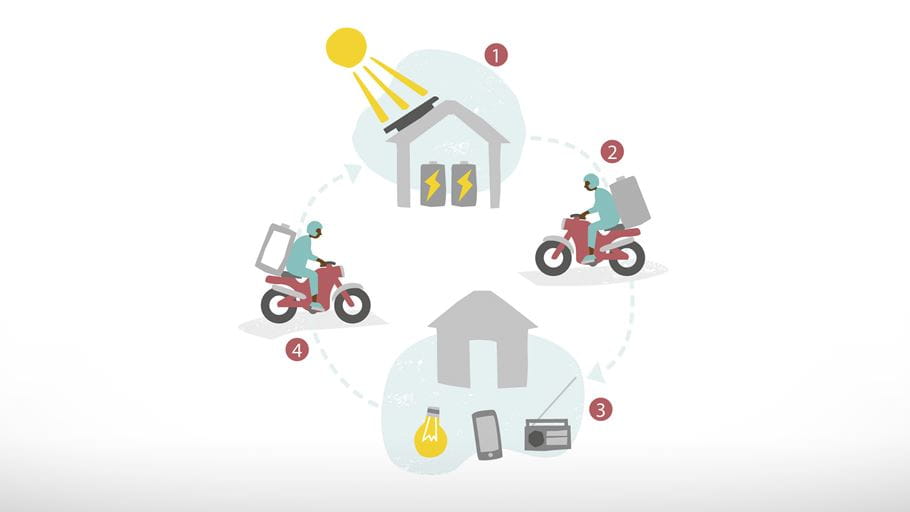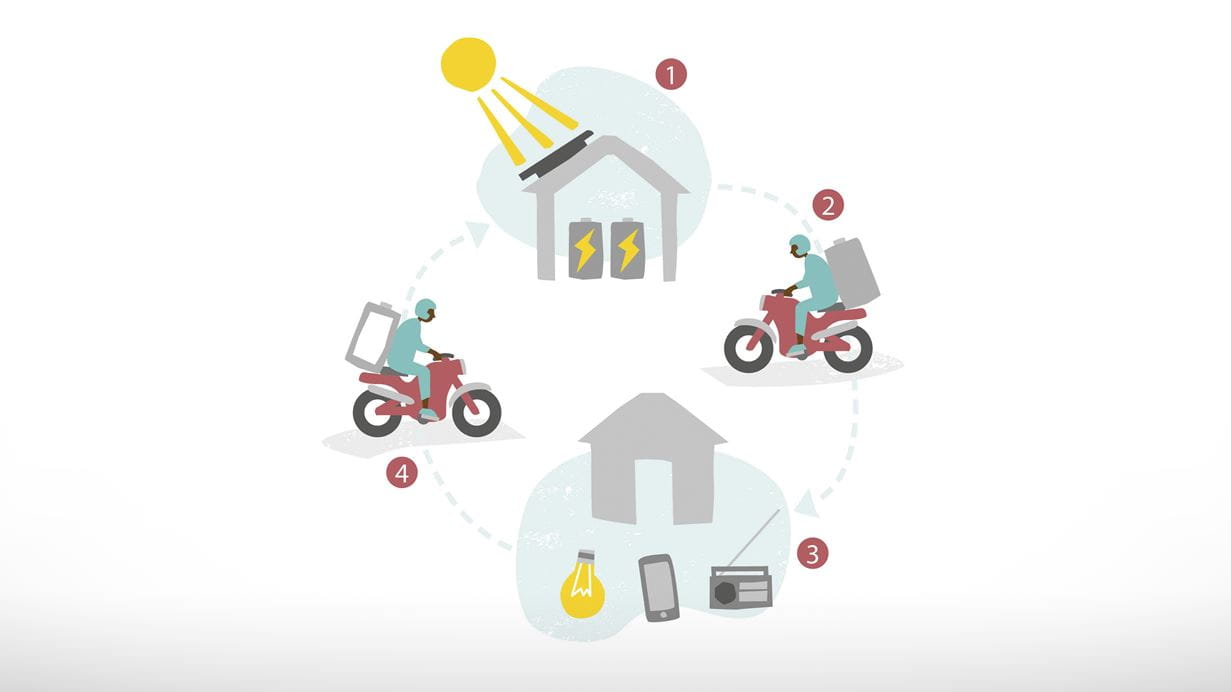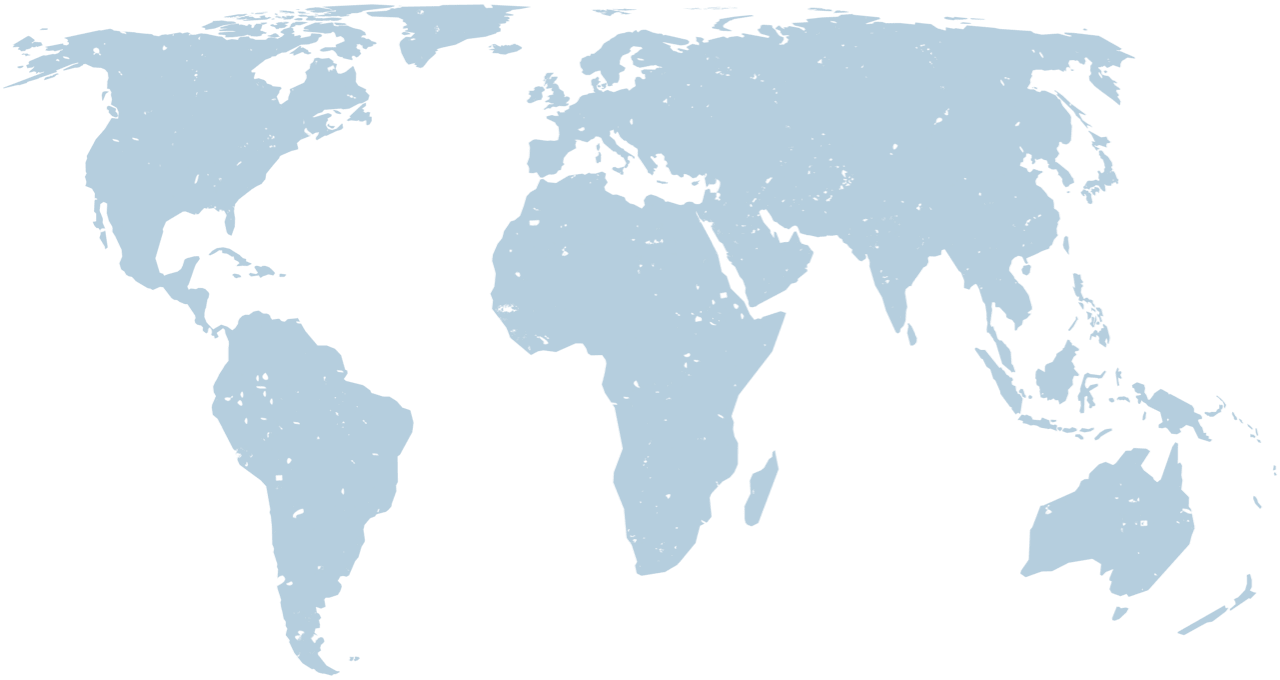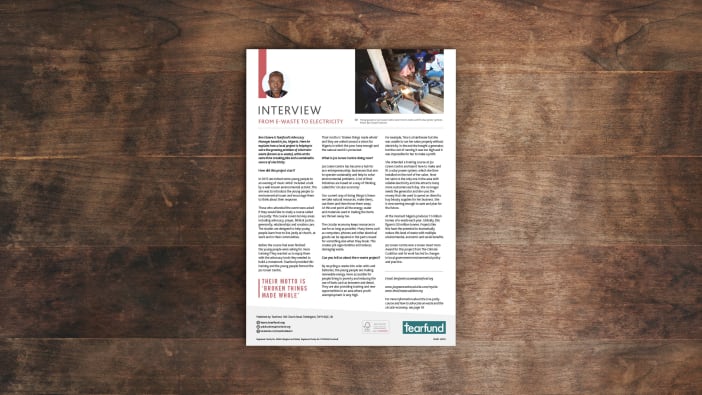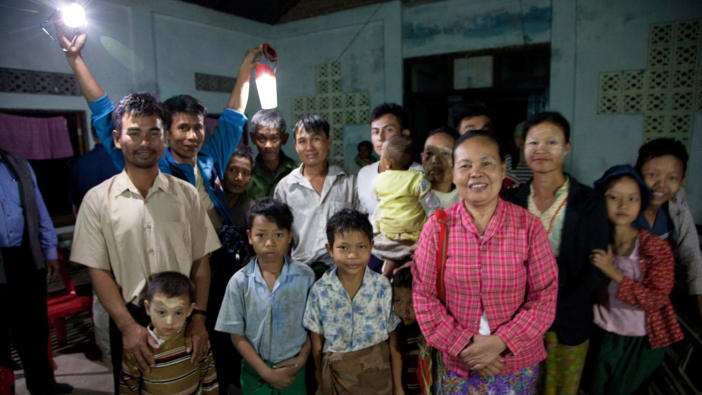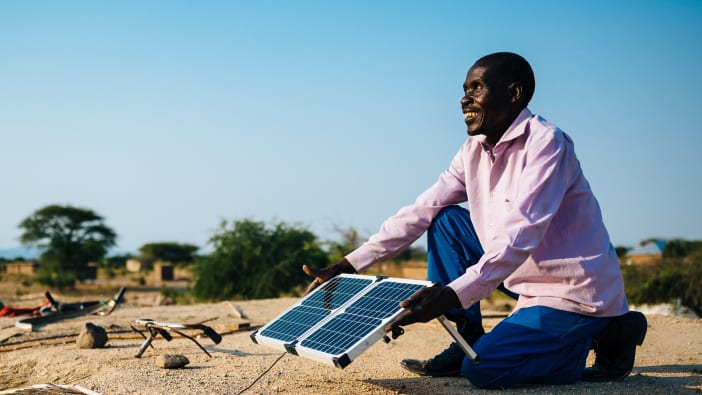Many people in rural Sierra Leone consider their mobile phones to be their most valuable and important assets.
As well as their use for business and personal communication, mobile phones make it possible for people to stay up to date with what is happening in the rest of the country and the world. They can improve personal safety in the event of an emergency and allow people to quickly respond to outbreaks of diseases such as Ebola and Covid-19.
However, few people have access to electricity at home so they have to travel, sometimes long distances, to charge their phones at generator-powered ‘telecentres’.
Phones left at these centres are at risk of being stolen, or batteries and memory cards may be switched for less valuable ones. In order to protect their phones, people often wait at the centres for many hours while they are charging.
In response to this, Mobile Power has developed a flexible battery-pack rental system that requires no deposit and no fixed payments. It works in areas with no network coverage and customers can pay with cash – an important benefit for people who do not have a bank account.
The battery-packs, known as MOPO batteries, contain enough stored energy to charge up to eight mobile phones or run the built-in high-power light for 16 hours.
MOPO batteries can also be used to power small appliances such as light bulbs, fans, radios and television sets. There are four main steps: charge, distribute, use, return.




